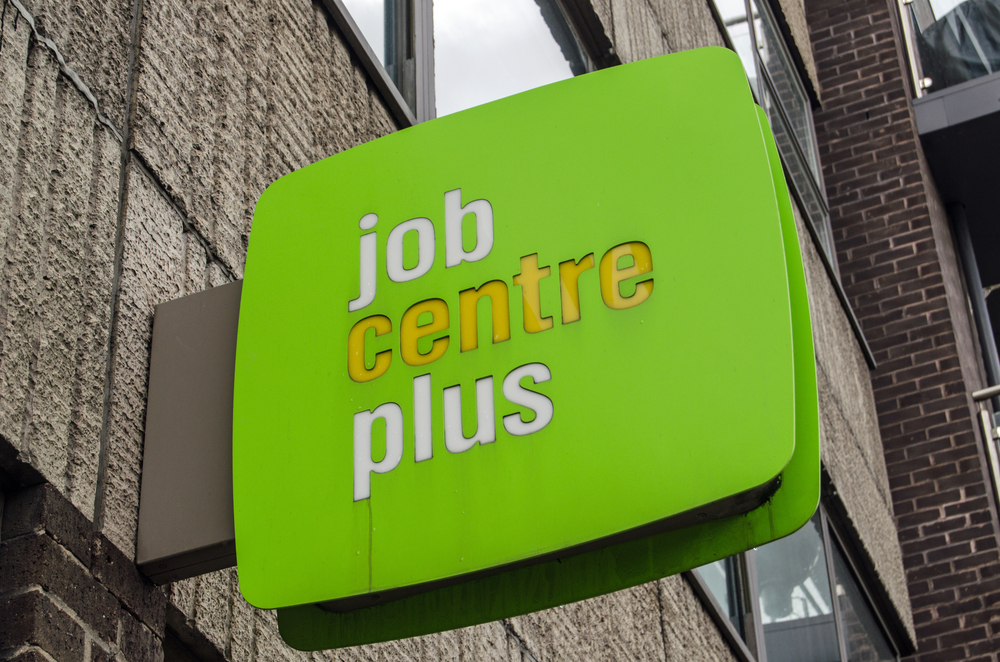Household Bills
Thousands coming to the end of Jobseeker’s Allowance payments

Thousands of people who started claiming Jobseeker’s Allowance at the start of the pandemic will soon stop receiving the benefit payments.
‘New-style’ contributory Jobseeker’s Allowance (JSA) payments are based on the claimant having been in work over the past couple of years and paid sufficient National Insurance Contributions (NICs) to qualify.
Claims are time limited to six months and payments stand at up to £74.35 per week for those aged 25 and over, up to £58.90 for those under 25 and up to £116.80 for couples over the age of 18.
According to think tank Resolution Foundation, there has been an increase of 164,000 JSA cases since March and as such, many of these claimants are now coming to the end of the six-month time limit.
It stated that although these claimants are likely to have other sources of income or wealth to live on, the “time-limited nature of JSA is inconsistent with the current economic climate”.
As an example, a worker who was furloughed would receive 80% of previous wages (capped at £2,500 per month), compared to a JSA claimant who would receive just £74 a week.
The ‘Safe Harbour’ report’s author, Karl Handscomb highlighted that the distinguishing feature between JSA from Universal Credit (UC) and other income-based benefits is that entitlement doesn’t take into account the earnings of any partner or the amount of savings a family has.
But when the coronavirus crisis has passed, “there’s a very good case for reviewing the balance between contributory and means-tested benefits”, he said.
Handscomb wrote: “Making a fundamental change will take years, but the government should consider bridging the gap between what was a generous furlough scheme and what is a very limited form of unemployment insurance provided by JSA. Such a system could provide a more flexible welfare system that would enable more targeted economic support for families during a future recession, and provide higher income replacement rates for those who lose their jobs.”
He added that the government could also make changes to UC today which would benefit contributory JSA claimants who now find their six-month entitlement coming to an end.
“The £16,000 capital rule test has led to 6,300 claims ineligible for support through UC – which in part explains the increase in claims for JSA. As we have argued before, the UC capital rule test is unfair for many would-be claimants in the current crisis, easing the UC capital rule would enable more newly unemployed families with no earnings to access support during the remainder of this crisis.”
What you can do if you’re coming to the end of Jobseeker’s payments
Charity Citizens Advice said for the vast majority of people, their option would be to claim UC.
A spokesperson added: “Legacy benefits are only available to people who have existing entitlement to a severe disability premium in housing benefit, income related Employment and Support Allowance, IB, JSA or income support. It’s important that people get advice if they’re looking to claim UC and receive benefits with a severe disability premium, as they could be worse off.”
Charity Turn2Us added that the six-month entitlement period coming to an end is a concern, with the main issue being that most alternatives are means-tested benefits. This means for those who have a bit of savings, they probably won’t be entitled to much help.
A spokesperson said: “We would urge anyone to use the Benefits Calculator to find out what alternatives they are entitled to. This might include Universal Credit/ Income-based JSA or unrelated benefits such as Carer’s Allowance, Child Benefit, ESA etc.”